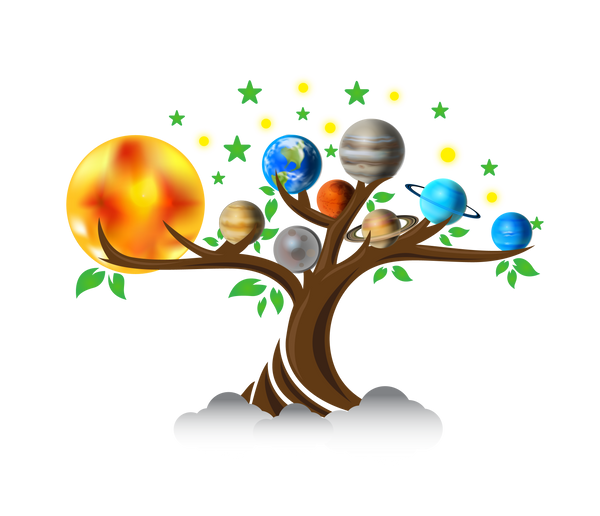The Happiness Hypothesis: Finding Modern Truth in Ancient Wisdom by Jonathan Haidt
Share with Friends

"The Happiness Hypothesis: Finding Modern Truth in Ancient Wisdom" is a book by Jonathan Haidt, a social psychologist and professor at the University of Virginia. The book is a blend of scientific research and ancient wisdom that explores the nature of happiness and how it can be attained.
The main lessons of the book include:
-
The Dual Nature of Happiness: Haidt argues that happiness is a dual-natured phenomenon, consisting of both pleasure and engagement. He explains that while pleasure is transient, engagement is more enduring and can be found through meaningful activities and relationships.
-
The Role of Social Connections: Haidt emphasizes the importance of social connections in achieving happiness and explains how strong relationships can provide a sense of belonging, support, and purpose.
-
The Importance of Finding Balance: Haidt argues that finding balance between different aspects of life, such as work and leisure, is crucial for achieving happiness. He explains that a balance between pleasure and engagement, as well as between individualism and communalism, is essential for well-being.
-
The Role of Virtue: Haidt explains how virtues such as compassion, honesty, and fairness play a crucial role in achieving happiness and fulfilling relationships.
-
The Importance of Mindfulness: Haidt highlights the importance of mindfulness and the ability to be present in the moment and to observe one's own thoughts and emotions.
-
The Value of Ancient Wisdom: Haidt illustrates how ancient wisdom and philosophy can provide valuable insights into the nature of happiness and how it can be attained.
Overall, "The Happiness Hypothesis" is a well-researched and thought-provoking book that provides valuable insights into the nature of happiness and how it can be attained. It is a must-read for anyone interested in understanding the complexities of human happiness and how to find it by incorporating ancient wisdom, social connections, balance, virtues, mindfulness and the dual nature of happiness. It is a comprehensive look at the science and philosophy of happiness and offers practical advice and strategies for achieving well-being and fulfillment in life. The book also provides a reminder that happiness is not a fixed state, but rather a journey, and encourages readers to continuously strive for growth and self-improvement.


























































